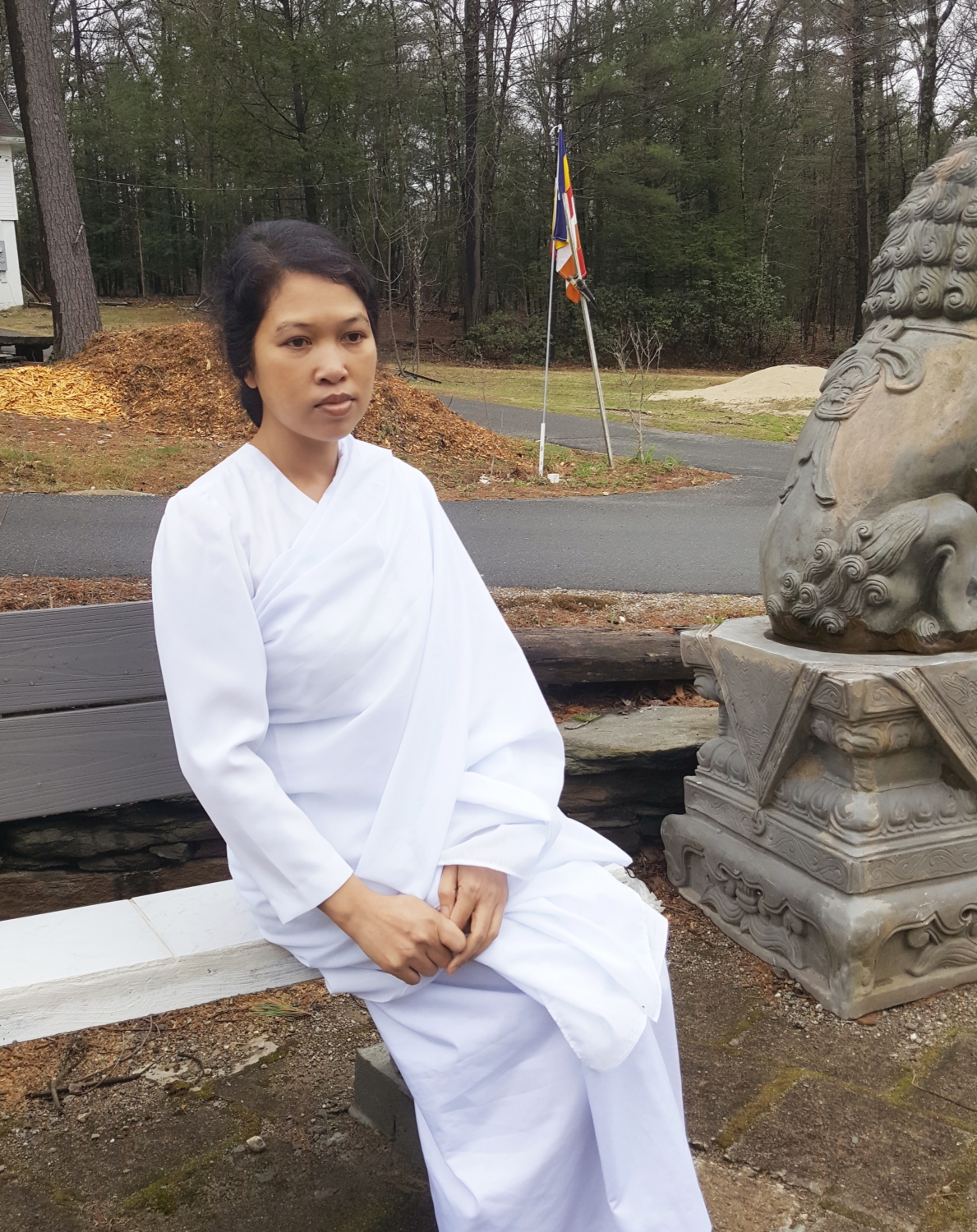
Verse 83: Indeed, the virtuous give up all (i.e., attachment to the five khandhas, etc.); the virtuous (lit., the tranquil) do not talk with sensual desire; when faced with joy or sorrow, the wise do not show elation or depression.
The Story of Five Hundred Bhikkhus
While residing at the Jetavana monastery, the Buddha uttered Verse (83) of this book, with reference to five hundred bhikkhus.
At the request of a brahmin from Veranja, the Buddha was, on one occasion, staying at Veranja with five hundred bhikkhus. While they were at Veranja, the brahmin failed to look after them. The people of Varanja, who were then facing a famine, could offer very little to the bhikkhus when they went on their rounds for alms-food. In spite of all these hardships, the bhikkhus were not disheartened; they were quite contented with the small amount of shrivelled grain which the horse-traders offered them daily. At the end of the vasa, after informing the brahmin from Veranja, the Buddha returned to the Jetavana monastery, accompanied by the five hundred bhikkhus. The people of Savatthi welcomed them back with choice food of all kinds.
A group of people living with the bhikkhus, eating whatever was left over by the bhikkhus, ate greedily like true gluttons and went to sleep after their meals. On waking up, they were shouting, singing and dancing, thus making themselves a thorough nuisance. When the Buddha came in the evening to the congregation of bhikkhus, they reported to him about the behaviour of those unruly persons, and said, “These people living on the leftovers were quite decent and well-behaved when all of us were facing hardship and famine in Veranja. Now that they have enough good food they are going about shouting, singing and dancing, and thus make themselves a thorough nuisance. The bhikkhus, however, behave themselves here just as they were in Veranja”.
To them the Buddha replied, “It is in the nature of the foolish to be full of sorrow and feel depressed when things go wrong, and to be full of gladness and feel elated when things go well. The wise, however, can withstand the ups and downs of life.”
Then the Buddha spoke in verse as follows:
Verse 83: Indeed, the virtuous give up all (i.e., attachment to the five khandhas, etc.); the virtuous (lit., the tranquil) do not talk with sensual desire; when faced with joy or sorrow, the wise do not show elation or depression.
Dhammapada Verse 83
Pancasatabhikkhu Vatthu
Sabbattha ye sappurisa cajanti
na kamakama lapayanti santo
sukhena phuttha atha va dukhena
na uccavacam pandita dassayanti.
Source: Tipitaka









